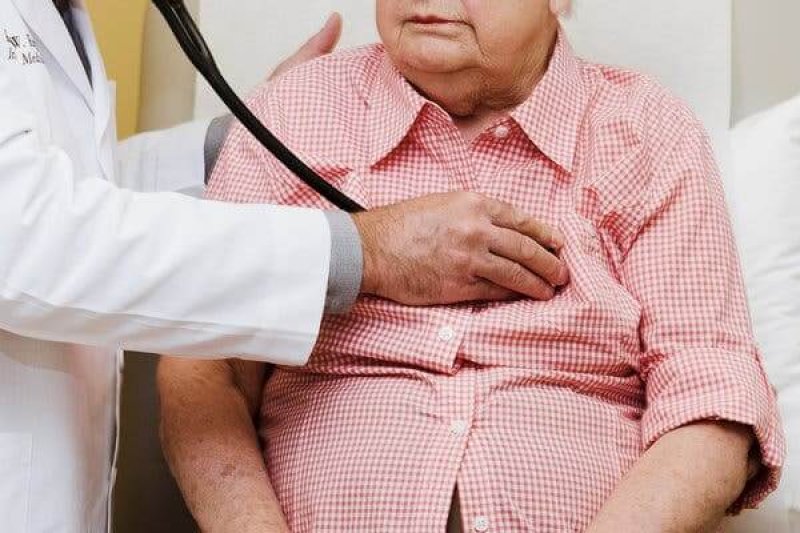As many as 50 percent of heart attacks strike without any warning signs and in individuals with no history of heart disease. When it comes to fatal heart attacks, the victim’s genes often drive this tragic turn of events. But imagine a world where years before someone’s heart malfunctions, a single infusion reduced their risk of a heart attack by up to 90 percent. That’s the moonshot Dr. Kiran Musunuru is aiming for: the world’s first heart attack “vaccine.”
…
It’s not a vaccine in the traditional sense — it doesn’t activate the immune system. But, like a vaccine, the concept hinges on a single dose therapy that could confer “enduring and possibly lifelong protection against heart disease,” Musunuru says.
…
In the future, people could still get heart attacks from unhealthy diets, lack of exercise, and environmental factors like pollution. But through this “vaccine” the potentially harmful genes linked to heart attacks would be effectively neutralized before they could cause any harm.
…
Currently, this process only works in mice. But if the technique is successfully used to edit the human genome, it could radically change the lifespan and quality of life for millions of people around the world at risk of heart disease.































